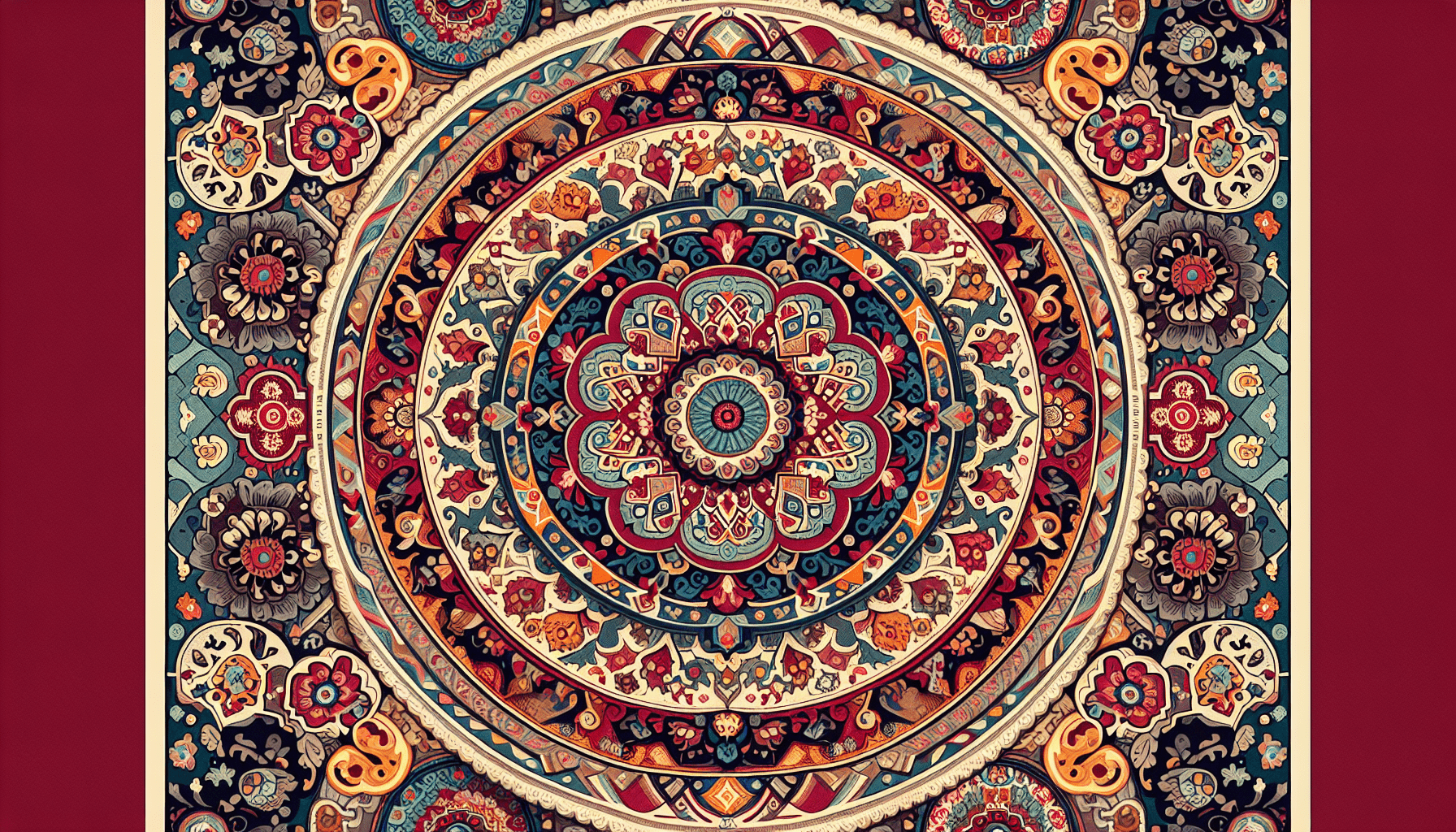Welcome to an enlightening journey into the rich history of Turkey as we explore the often overlooked but crucial role of women in shaping the country’s narrative. From the powerful rulers of the Ottoman Empire to the brave activists of the modern day, Turkish women have played a significant part in the cultural, political, and social development of this diverse nation. Join us as we uncover the stories of these remarkable individuals who have left a lasting impact on the history of Turkey. Have you ever wondered about the role that women played in shaping Turkish history? In this article, you will delve into the fascinating and often overlooked contributions of women throughout Turkish history. From political leaders to artists and activists, women have played a crucial role in shaping the cultural and social landscape of Turkey. Let’s take a closer look at the influential role of women in Turkish history.

